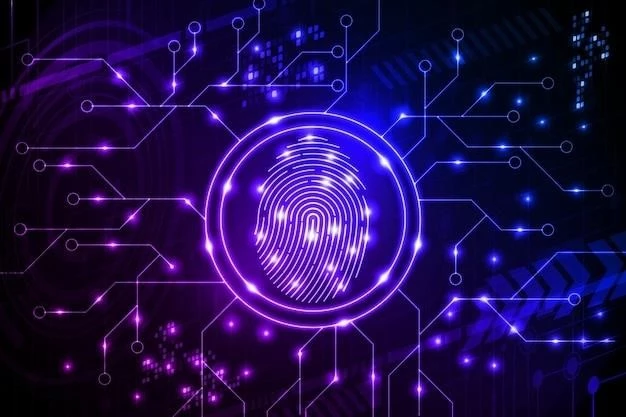The advent of quantum computing promises to revolutionize various industries‚ from medicine and materials science to finance and artificial intelligence. However‚ this technological leap also poses significant challenges to cybersecurity‚ potentially rendering current encryption methods obsolete and opening doors to new vulnerabilities. This article explores the implications of quantum computing for cybersecurity‚ examining the threats it poses‚ the opportunities it presents‚ and the steps we must take to prepare for the quantum age.

The Quantum Threat
Quantum computers leverage the principles of quantum mechanics to perform calculations that are impossible for classical computers. One of the most significant implications for cybersecurity is the ability of quantum computers to break widely used encryption algorithms‚ such as RSA and ECC‚ which rely on the difficulty of factoring large numbers. These algorithms are the backbone of online security‚ protecting sensitive data like financial transactions‚ medical records‚ and government communications.
Quantum computers could also pose new threats‚ such as:
- Quantum Key Distribution (QKD): While QKD offers secure communication‚ it is susceptible to man-in-the-middle attacks‚ where an attacker intercepts and manipulates communication channels.
- Quantum Machine Learning: Quantum algorithms could be used to develop more sophisticated malware and phishing attacks‚ making it harder to detect and mitigate cyber threats.
- Quantum Simulation: Quantum computers could be used to simulate complex systems‚ potentially allowing attackers to model and predict the behavior of encrypted data‚ exposing vulnerabilities.
The Quantum Opportunity
Despite the challenges‚ quantum computing also presents opportunities to enhance cybersecurity.
- Post-Quantum Cryptography (PQC): Researchers are developing new cryptographic algorithms that are resistant to quantum attacks. These algorithms‚ such as lattice-based cryptography and code-based cryptography‚ promise to secure our digital infrastructure in the quantum age.
- Quantum Key Distribution (QKD): While vulnerable to certain attacks‚ QKD offers a fundamentally secure way to exchange keys‚ making it an important tool for protecting sensitive communications.
- Quantum Intrusion Detection: Quantum computers can analyze massive datasets and identify anomalies with greater speed and accuracy‚ enabling faster detection and response to cyber threats.
Preparing for the Quantum Age
To mitigate the risks and harness the opportunities of quantum computing‚ we must take proactive steps:
- Develop and Deploy PQC: Governments‚ industries‚ and research institutions must collaborate to develop and standardize PQC algorithms and implement them in existing and future systems.
- Invest in Quantum Research: Continued investment in quantum computing research is crucial for developing more robust cryptographic solutions and understanding the potential implications for cybersecurity.
- Raise Awareness and Educate: We need to educate the public‚ policymakers‚ and industry leaders about the cybersecurity implications of quantum computing and the importance of taking steps to prepare.
- Strengthen Cybersecurity Practices: Existing cybersecurity practices‚ such as multi-factor authentication‚ strong passwords‚ and regular security updates‚ remain crucial in the quantum age.

Conclusion
The quantum age presents both challenges and opportunities for cybersecurity. While quantum computers could potentially break current encryption methods‚ they also offer new tools for protecting our digital infrastructure. By taking proactive steps to develop and deploy post-quantum cryptography‚ invest in research‚ raise awareness‚ and strengthen cybersecurity practices‚ we can ensure a secure and resilient digital future in the face of quantum computing.










